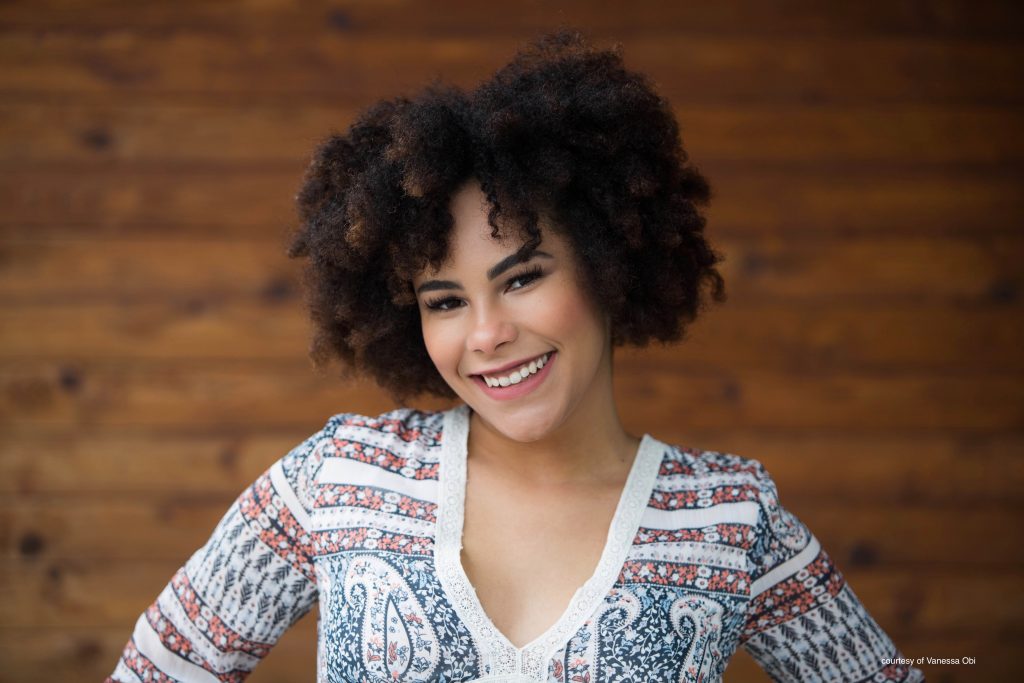The Black Card: The Effectiveness of Content Warnings for Undergraduate Black Students

Vanessa Obi
Email: vanessaobi2022@u.northwestern.edu
Faculty Advisor: Karrie Ann Snyder
BIO
Vanessa Obi is currently a third-year undergraduate student at Northwestern University. She is majoring in Psychology and minoring in Sociology and Critical Theory. She is very interested in developing a method of healing that centers low-income Black people, Indigenous people, and other people of color (BIPOC). She is also interested in learning about community-centered healing and ways to heal outside of capitalist structures. This is her first independent research project. In the future, she plans to continue research on the Black experience by interviewing Black people and using their narratives and stories to craft her findings and conclusions. She strives to make her research accessible to all who read it, especially low-income BIPOC.
Q&A
My research topic is the effectiveness of content warnings (otherwise known as trigger
warnings) for undergraduate Black students in regards to graphic depictions of racial violence,
specifically within their classroom settings.
Two summers ago, I was required to read White Rage by Carol Anderson for part of a
program that I’m in. While reading, I unexpectedly (and without warning) stumbled across a
graphic depiction of a pregnant Black woman being lynched less than a century ago. As a Black
woman, reading this without any kind of warning viscerally impacted me for the rest of the day
and even the week. It was hard to shake the graphic imagery. It was hard to shake the fact that this
happened within the last century to someone that looked like me and that this same kind of racial
violence still happens to Black women today. Being so deeply impacted by this particular reading
(and many others), I wondered if other undergraduate Black students have ever felt the same.
Thus, spawned my research project.
I see my research as one of the first ways we can gain a deeper understanding of the Black
undergraduate student experience. Through my research, I was able to piece together a
narrative and find common threads by interviewing participants about their classroom
experiences. Future researchers could build off of this work by diving deeper into the
microaggressive behavior that Black students experience while in the classroom and beyond. I
hope that this research project will spur current professors and teachers to implement content
warnings for racially violent or racially traumatic material for the sake of their Black students’
mental wellbeing.
I plan to attend graduate school. I would like to earn a Ph.D. in Clinical Psychology so that I
can become a clinical therapist for low-income people of color.
